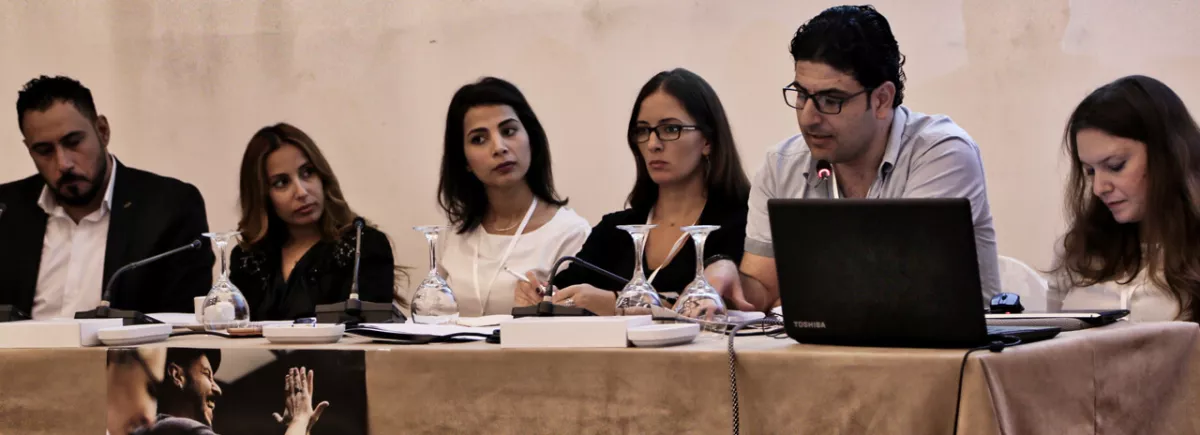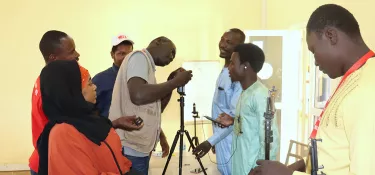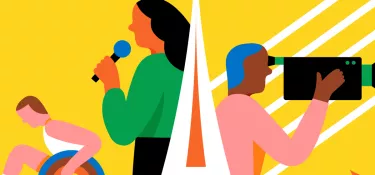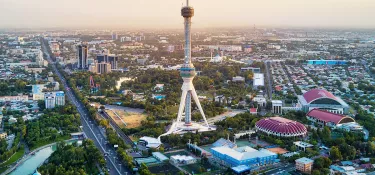
Media perspectives on diversity in Iraq, Lebanon and Syria
Related project
NaseejThe closing of the Naseej project in Beirut on 18 and 19 October 2017 brought together more than 50 participants from Lebanon, Iraq, Egypt, Syria, Morocco, Tunisia, Jordan and Bahrain, including many nominees for the Naseej Prize.
For two days, the participants discussed, with their colleagues and various experts, the influence of regional and sectarian conflicts on the media and how diversity is dealt with.
"Although ethical code initiatives exist and are commendable, they will remain useless until structural reforms take place within media institutions," stated Joanna Nassar, Programmes Director for the UNDP.
What happens in a war situation, in which the issues of diversity and pluralism are often exploited? Jawad Charbaji, chief editor of the website
Enab Baladi, revisited the long process of drafting ethical charters for Syrian media organisations in exile, it being recalled that back in 2014, there were close to 2000 media outlets in place to report on the conflict.
“Audiences often place more trust in foreign media outlets, which they regard as being more credible and less biased when it comes to reporting on the news in their countries; this is certainly the case in Iraq as regards the Kurdish issue." Montadhar Naser Khadim (journalist at Al Aalem Al Jadid)
A panel of international speakers (from France, Germany and Serbia) were also there to broaden the debate and expand people's horizons. In effect, although the situations in different countries vary, the management of pluralism remains a challenge that is today facing all media organisations, and even raises the following question concerning their role: how can differences and idiosyncrasies be brought to light without encouraging communitarianism and contributing to division?
Bondy Blog, which serves as a mouthpiece for people living in the suburbs, enabling them not only "to give accounts of their normal day-to-day lives and not just when there is turmoil" but also to highlight positive experiences, is a fine example of this inclusive approach, as the president of the online media outlet Kozi Pastakia explained.

In addition, the Adyan Foundation and the SKeyes Center revealed the results of the study carried out on the reporting of cultural and religious diversity in Syria, Iraq and Lebanon.This study sought to analyse the content published and broadcast by the media in these three countries (the language used, the concepts promoted or the groups that featured in it, and those that did not), and to incorporate how the public perceive the issue of pluralism in the media.
The journalist Saad Zalzali, one of the winners of the Samir Kassir Award for Freedom of the Press in 2017, made a frank assessment of the situation in Iraq, by posing the following question:"Are the media a tool of conflict, or do they create conflict themselves?"
He placed much focus on the political parties and religious movements that prop up virtually all of the media and incite sectarianism. As regards the lack of coverage given to ethnic and religious minorities in Iraq which was demonstrated in the Adyan study, he added that: "Nobody had ever spoken about the Yazidis before their women were raped...".
"A war isn't just about bombs – it's also about semantics," stated the Franco-Iraqi journalist Feurat Alani for his part, specifying that: "In 2003, the notion of citizenship disappeared: people were no longer referred to as Iraqis, but rather as Sunnis and Shiites. […] The health of journalism depends on the existence of regulatory bodies, and we sadly don't have an equivalent of the CSA in Iraq." [The CSA being an independent body in France for protecting audiovisual communication freedom.]
While the situation is alarming in many respects, this must not result in the truth being covered up, as stated loud and clear by the Assafir Al-Arabi journalist Nahla Chahal: "There are Iraqi journalists whose work is entirely unbiased. At Assafir Al-Arabi, there are 250 contributors from the Arab world who do not champion sectarianism or religious intolerance. We need to highlight the positives in the region – we're not making them up, they exist!"


